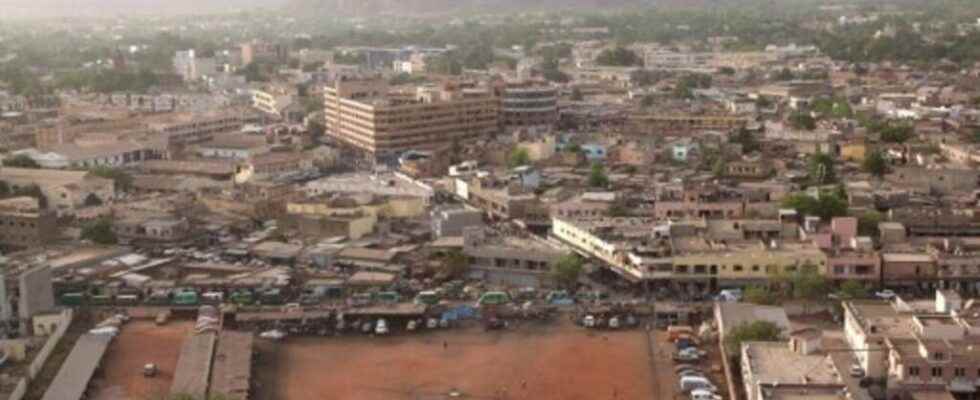In Mali, the draft new Constitution was finalized and submitted on February 27, 2023 to the transitional president, Colonel Assimi Goïta. It must now be submitted to a referendum, theoretically on March 19. This final version of the constitutional project presents notable modifications, compared to the current Constitution and compared to the first preliminary draft presented last October. Details.
Several important modifications are pointed out by Malian researchers and politicians, some of whom directly took part in the development of this Malian constitutional project, within the finalization commission, or who followed and analyzed it closely.
The secularism of the state remains engraved in the constitutional marble. Certain religious movements were offended by this: to reassure them, the new text specifies that secularism ” does not oppose religion “, neither ” to beliefs “, but that conversely, she ” guarantees respect for all religions, beliefs, freedom of conscience and the free exercise of worship in compliance with the law “. To see if these precisions will be of a nature to satisfy those who believe that this notion is too “Western” and that it is not adapted to Malian realities.
Regarding languages, currently, French is the official language of Mali. The first draft provided that the thirteen national languages – Bambara, Peul, Songhaï, Tamashek, Arabic… – should have “ vocation to become one. The final text goes even further: national languages are made official languages. A new law will have to set their conditions of use, and French is no longer just a simple ” work language “.
Strengthening of the powers of the president
The first writers of the constitutional project wanted to limit the number of members of the government to 29. This limit has been removed.
The creation of an upper parliamentary chamber, in addition to the National Assembly, is maintained. She was to be called ” High Council of the Nation » but will eventually be called « Senate as in France or the United States.
The desire to strengthen the powers of the president also remains. It is now he and no longer the Prime Minister who determines the policy of the nation. But he can also be dismissed, it was a novelty already introduced by the previous draft. What was not there, on the other hand, was the possibility now given to the Head of State to dissolve the National Assembly, or even ” to order general mobilization ” for the ” participation of citizens in the defense of the Fatherland when the security situation requires it “.
It is to the president that the government will be responsible, and no longer to the National Assembly. The initiative for laws falls to the President, to the Deputies and to the Senators, and no longer to the Government and to the National Assembly.
Another novelty introduced, the election of deputies for Malians living abroad.
Finally, we note that the 2015 peace agreement still does not enter the fundamental text. Yet it is a request from the signatory armed groups, who thus wish to ensure the long-term commitment of the national authorities in its implementation.
Next step, a referendum
This project being an initiative of the Head of State, it will not be submitted to the National Transitional Council (CNT), the legislative body of the transition. It will be offered directly to Malians. Even if, we specify to the CNT: “ The project had been presented to the CNT and other institutions in order to collect their comments before finalization. »
► Read also Mali: towards a postponement of the elections?
The referendum is still officially set for March 19, 2023. But all experts and election observers agree that the date is not tenable. Because the electoral college has not been convened, the regional branches of the Independent Election Management Authority (Aige) have not been installed, the electoral file has not been finalized…
During the ceremony during which this final draft was handed over to him, the President of the Transition welcomed this new text: “ The legal basis of Mali Koura [le Mali nouveau, Ndlr] is gradually firming up, but the national structure will only hold up definitively with everyone’s commitment. Comments reported in a press release from the presidency. Colonel Assimi Goïta, on the other hand, does not give any details on the holding of the referendum.
It should also be noted that the National Transitional Council adopted this February 28 in plenary the text amending the electoral law, precisely in view of the upcoming elections.
► To read also Mali: the National Transitional Council initiates the revision of the electoral law
